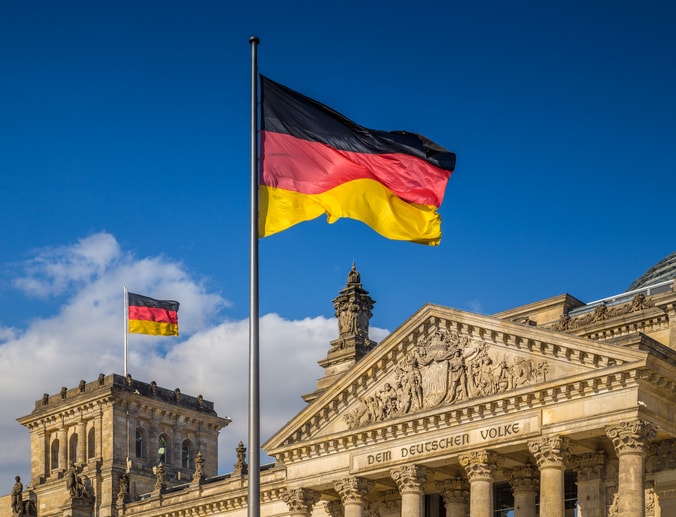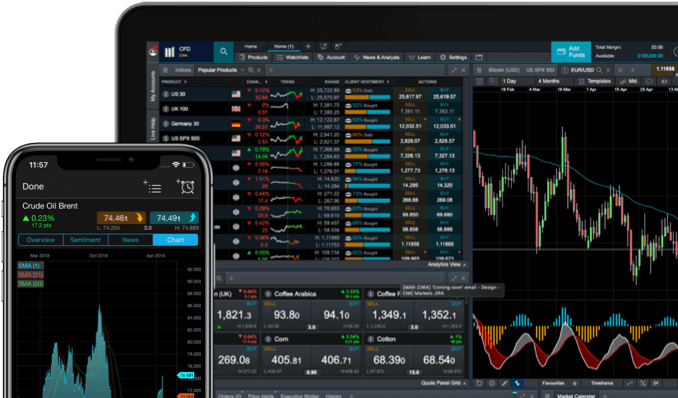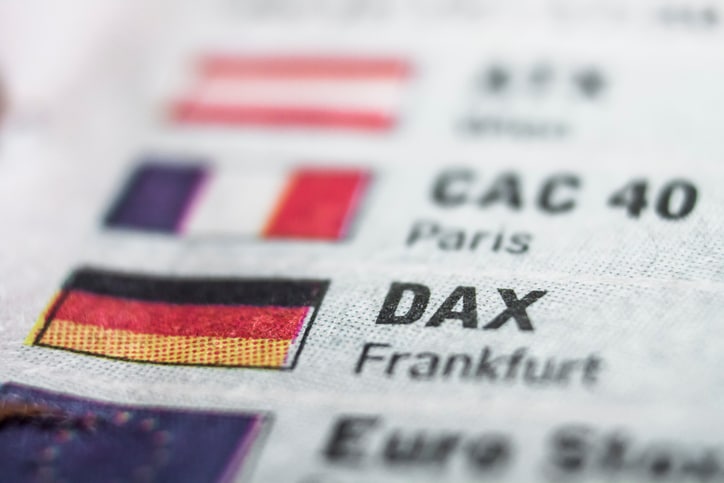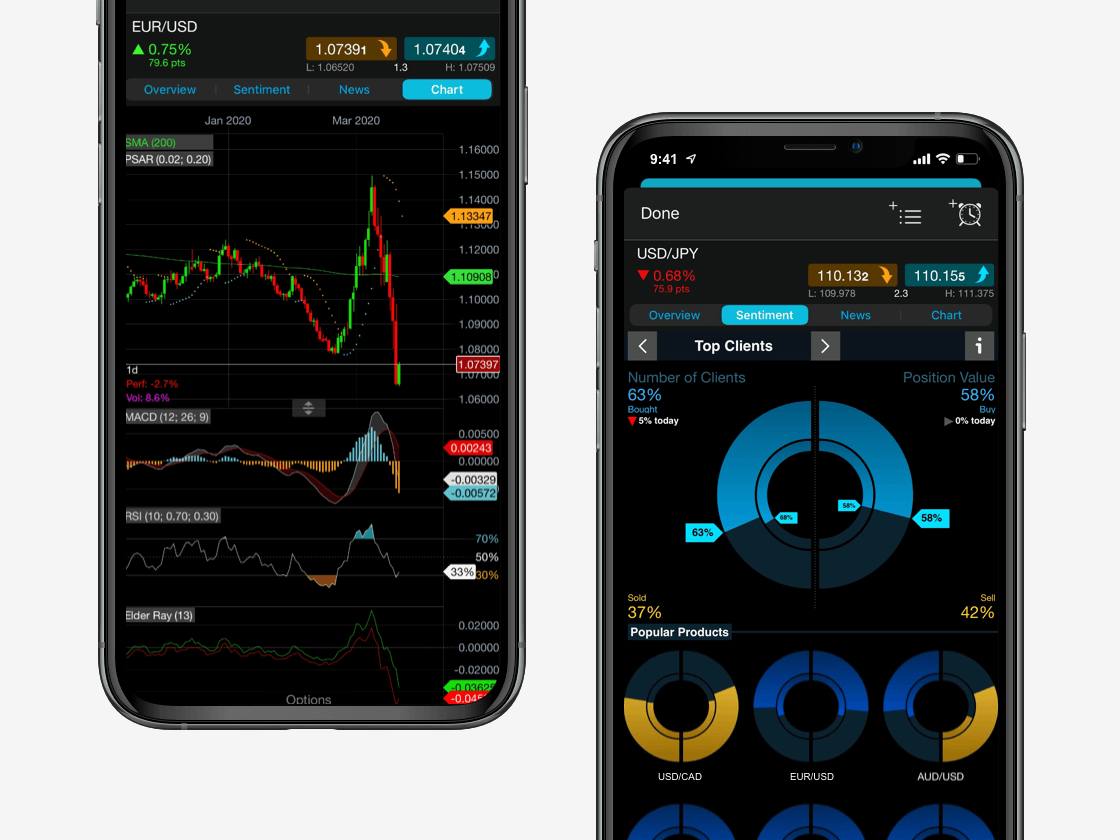At CMC Markets, traders have been trading with us for over 30 years. Our Next Generation platform offers financial derivative products as an alternative to investing in physical shares from an array of markets around the world, including the German stock market. Furthermore, members of our platform can also trade CFDs on other German asset classes, such as treasuries and commodities and indices.
CFDs allow traders to buy or sell a number of units for an instrument, depending on whether they think that the price will rise or fall, and the difference in price will be exchanged at the end of the contract. Trading CFDs can be beneficial to traders, as they can gain access to an asset at a lower cost than purchasing it outright, and can also choose to go long or short.
However, CFDs trading requires trading with leverage which comes with various risks and can result in the loss of capital. Another risk to note is that of market volatility and rapid changes in price, which may arise outside of normal business hours if a trader is trading CFDs on international markets. This can cause the account balance to change quickly, which can then run the risk of an account close-out. Therefore highlighting the importance of monitoring the account on a regular basis.
You can trade CFDs on the following asset classes by opening an account with us.





